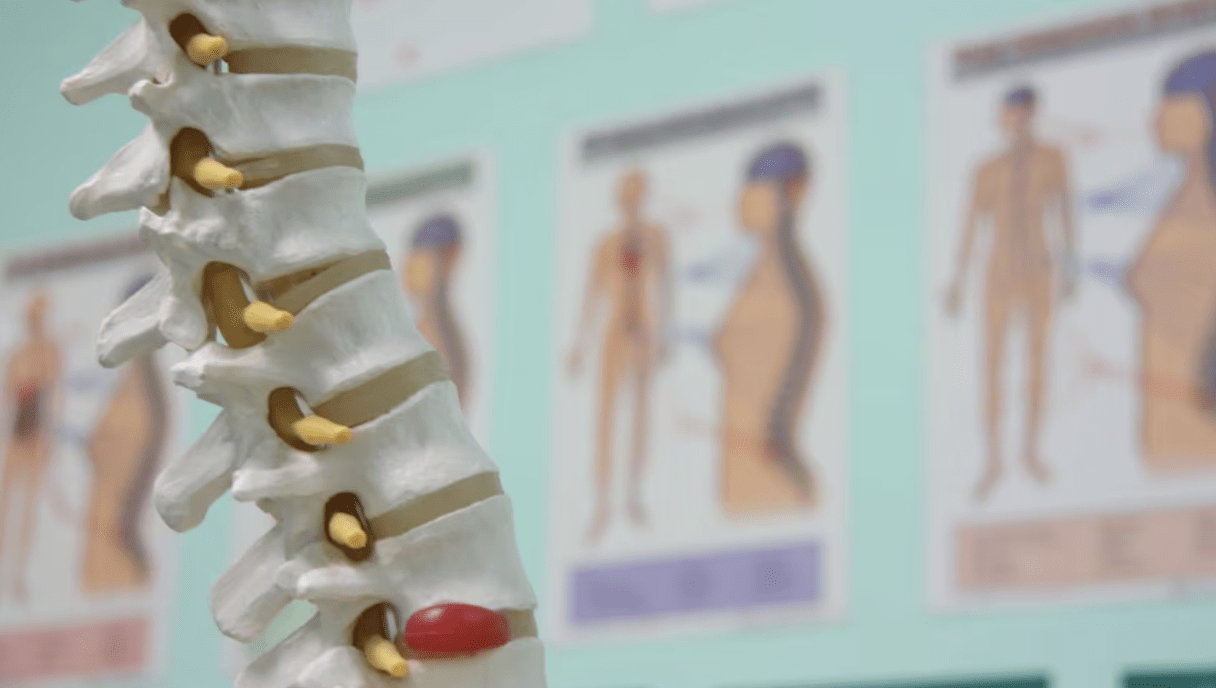Australian Broadcasting Corporation – For a huge number of people, chronic back pain – which is typically defined as back pain that lasts longer than three months– is a distressing part of daily life.
It also has a big impact on the economy.
In 2018, consulting firm Deloitte reported that chronic musculoskeletal pain cost Australia’s health system over $1 billion.
But while back pain rates are estimated to grow, there’s disagreement over the cause and best treatment for the chronic condition.
One centuries-old belief is that straight, or “good” posture, is linked with spinal health.
Yet, there is “very little evidence” to support this connection, argues Peter O’Sullivan, musculoskeletal physiotherapist and distinguished professor at the Curtin School of Allied Health.
He tells ABC RN’s Life Matters that worrying about posture could be getting in the way of recognising the causes of back pain.
Lack of evidence for so-called ‘problem posture’
Professor O’Sullivan has researched the link between posture and spinal pain for more than a decade.
In 2012, he co-authored a systematic review, concluding there was little connection between back pain and posture.
Then in 2016, he researched connections between posture and neck pain by studying more than 1,100 17-year-old Australians.
Again, he concluded there wasn’t a strong link. Other research has come to similar conclusions.
Chronic back pain trial promising
A Perth man says his debilitating back pain is nearly gone after participating in a cognitive functional therapy trial that focused on regaining natural movement rather than moving in protective ways.
“When we looked at the relationship between [slumped sitting], the so-called ‘problem posture’, there was almost no relationship between that and pain,” Professor O’Sullivan says.
“And when we looked at whether that was predictive of future pain in that cohort, there wasn’t strong evidence at all to support that … ”



